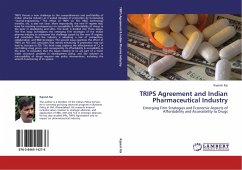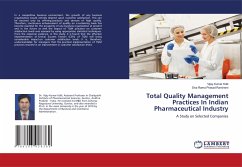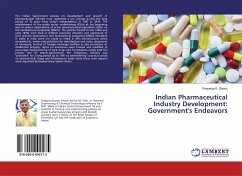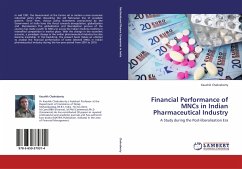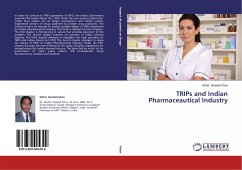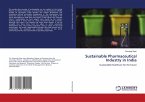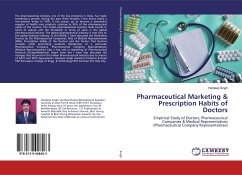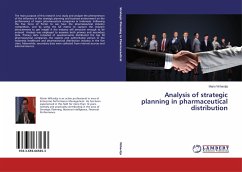TRIPS throws a new challenge to the competitiveness and profitability of Indian pharma industry as it ended decades of protection by terminating reverse-engineering. The effect of TRIPS on FDI, R&D, technology transfer, etc. is also not clear. More importantly, the new IP regime may have far-reaching consequences on accessibility & affordability of drugs to the poor in developing and LDCs. The book is divided into three essays. The first essay investigates the emerging firm strategies of the Indian pharma industry to overcome the challenge posed by the new IP regime, and concludes that the industry is adopting a mix of competitive, collaborative, and R&D strategies. The second essay examines the effect of TRIPS on FDI, and concludes that merely enhancing IP protection may not lead to increase in FDI. The third essay explores the effectiveness of CL in controlling drug prices, and consequently its affordability & accessibility to the poor. It concludes that the issues relating to CL are part of a much wider structural problem in development policy, and the solution to inaccessibility of drugs requires mix policy interventions, including the smooth functioning of CL system.
Bitte wählen Sie Ihr Anliegen aus.
Rechnungen
Retourenschein anfordern
Bestellstatus
Storno

